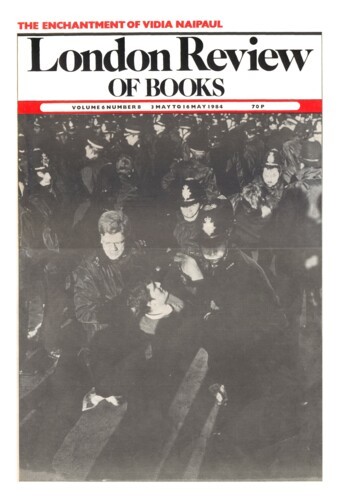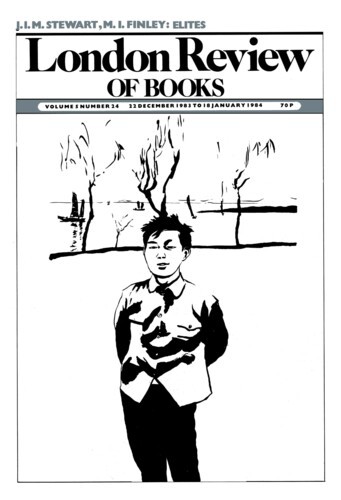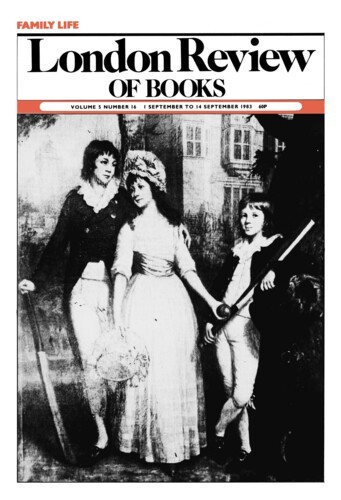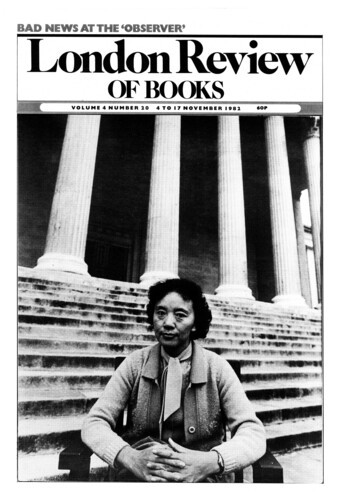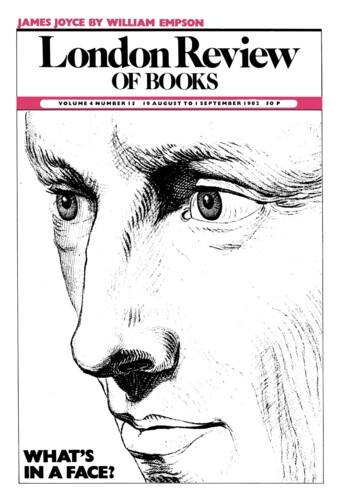Trollope’s Delight
Richard Altick, 3 May 1984
Anthony Trollope was a self-confessed workaholic. ‘If my success were equal to my energy,’ he remarked at the age of 55, ‘I should be a great man.’ He was also a compulsive writer. Ten years later, aware of advancing age, he told his son: ‘I finished on Thursday the novel I was writing, and on Friday I began another. Nothing really frightens me but the idea of enforced idleness. As long as I can write books, even though they may not be published, I think that I can be happy.’ He had retired 13 years earlier from the responsible position of travelling Post Office surveyor which he had held during most of his wage-earning life. The only complaint he voiced about this and his other money-making occupation was that they left insufficient time for his true passion, which was hunting. ‘I have been trying to hunt three days a week,’ he wrote his friend and publisher George Smith. ‘I find it must be only two. Mortal man cannot write novels, do the Post Office, and go out three days.’ ‘In some coming perfect world,’ he said on another occasion, ‘there will be hunting 12 months in the year.’
